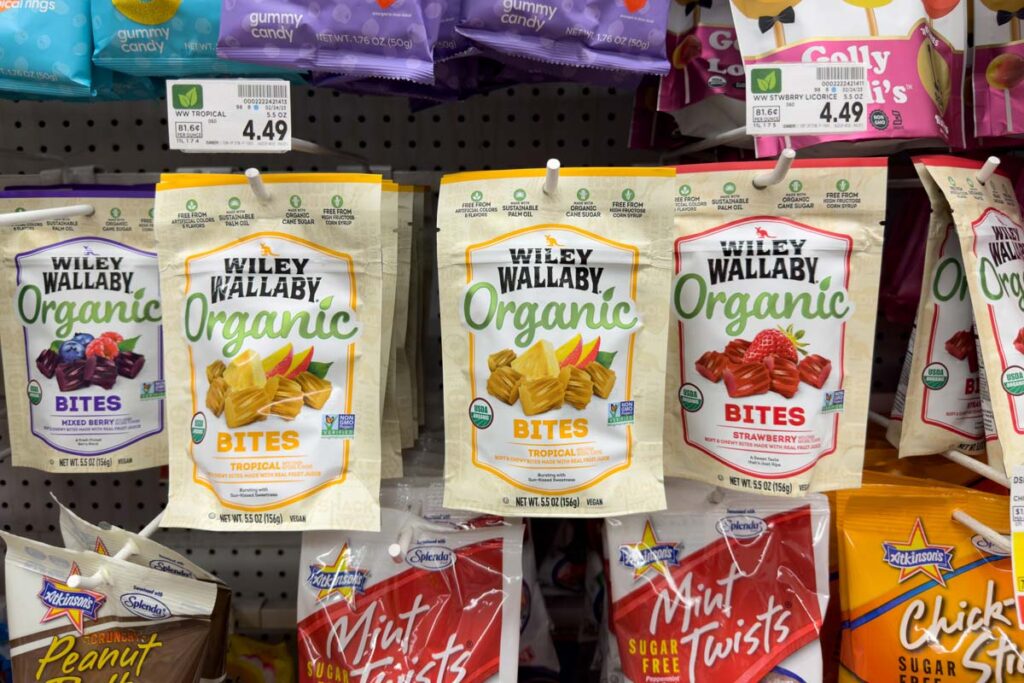
Update:
- A California federal judge dismissed a class action claiming Wiley Wallaby falsely advertises its Very Berry licorice as naturally flavored when it allegedly contains artificial flavoring.
- On Sept. 12, Judge Marilyn L. Huff filed an order stating the lawsuit failed to reach the standards for violations of fraud laws and lacked particulars when it came to allegations the malic acid in the product was artificial.
- The lawsuit alleged the licorice contains artificial flavoring DL malic acid, which comes from petrochemicals.
- However, the court ruled the plaintiff did not adequately demonstrate the product’s labeling was false or misleading.
(October 24, 2023)
Wiley Wallaby class action overview:
- Who: Wiley Wallaby is facing a class action lawsuit from plaintiff Mark Trammell.
- Why: The company is accused of falsely advertising its Wiley Wallaby Very Berry licorice as naturally flavored when it actually contains artificial flavoring.
- Where: The Wiley Wallaby class action was filed in federal court in California.
Wiley Wallaby is facing a class action lawsuit claiming it falsely advertises its Wiley Wallaby Very Berry licorice as naturally flavored when it actually contains artificial flavoring.
The licorice actually contains an artificial flavoring called DL malic acid, which comes from petrochemicals, the Wiley Wallaby class action claims.
The plaintiff had the product tested by a laboratory on June 28 and it confirmed the “D” isomer of malic acid is used in the Wiley Wallaby licorice and that version comes from a synthetic substance that comes from petrochemicals, the class action says.
“DL malic acid is manufactured in petrochemical plants from benzene or butane— components of gasoline and lighter fluid, respectively—through a series of chemical reactions, some of which involve highly toxic chemical precursors and byproducts,” the Wiley Wallaby artificial flavoring lawsuit says.
Wiley Wallaby licorice flavoring leads to unjust enrichment through violation of express warranty, consumer law, lawsuit says
By using an artificial malic acid in its Wiley Wallaby licorice, Wiley Wallaby licorice is guilty of unjust enrichment and in violation of the Consumer Legal Remedies Act, the Wiley Wallaby artificial flavoring lawsuit claims.
Consumers filed a number of class action lawsuits early in the year against companies accused of falsely advertising that some of their products only contain “natural” ingredients.
Have you tried Wiley Wallaby licorice? Let us know in the comments.
The plaintiff is represented by Charles C. Weller of Charles C. Weller APC.
The Wiley Wallaby class action lawsuit is Trammell v. KLN Industries Inc. d/b/a Wiley Wallaby, Case No. 3:23-cv-01884-H-JLB, in the U.S. District Court for the Southern District of California.
Don’t Miss Out!
Check out our list of Class Action Lawsuits and Class Action Settlements you may qualify to join!
Read About More Class Action Lawsuits & Class Action Settlements:
- Orgain class action alleges company falsely advertises amount of grass-fed protein in products
- Consumers file false advertising class action lawsuits over fruit juice, preservatives in products
- Frozen burrito recall initiated due to possible listeria contamination
- Kroger class action store misleadingly advertises ‘farm fresh’ eggs





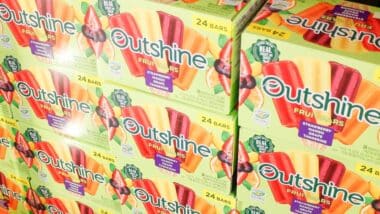

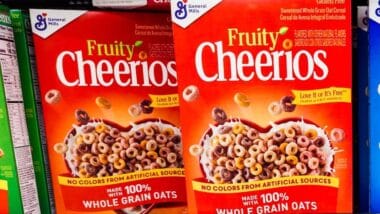
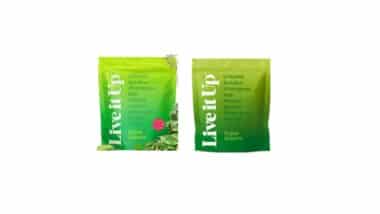

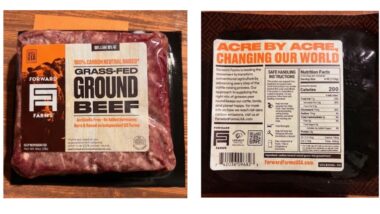



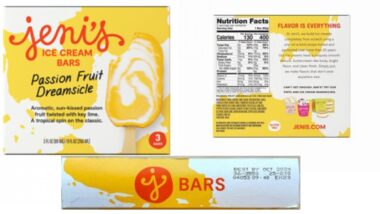
29 thoughts onJudge dismisses Wiley Wallaby class action over false advertising
Please add me
bAdd me.
please add me
Add me please
Add me
Add me please
Please add me
I have bought this product several times please add my name.